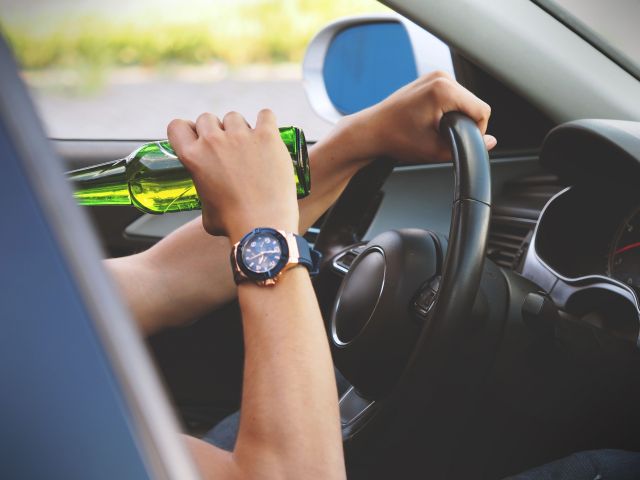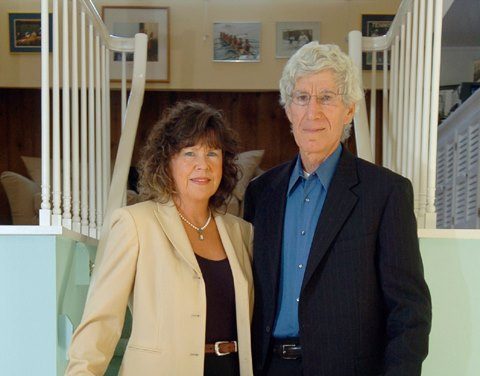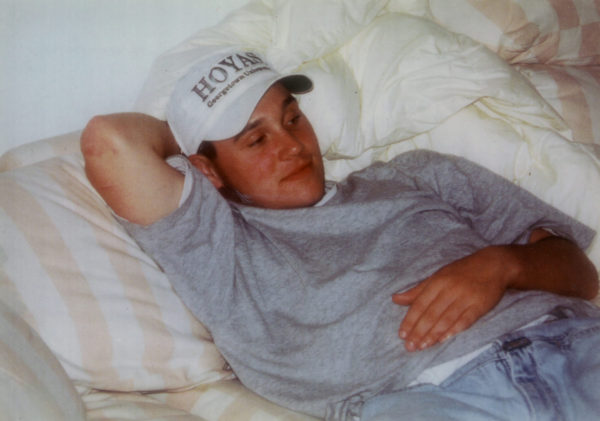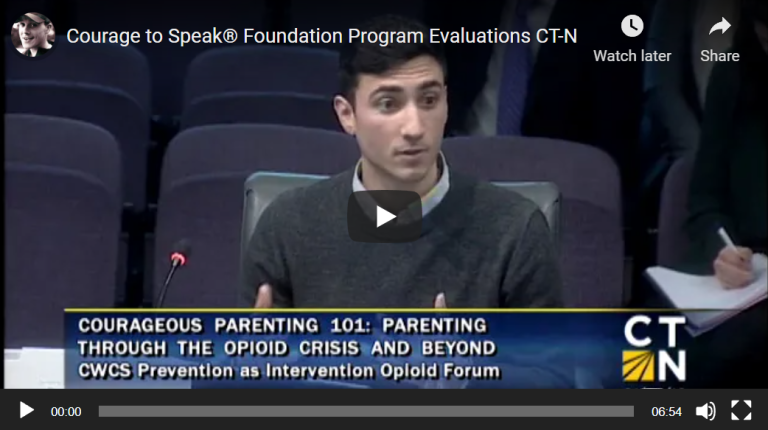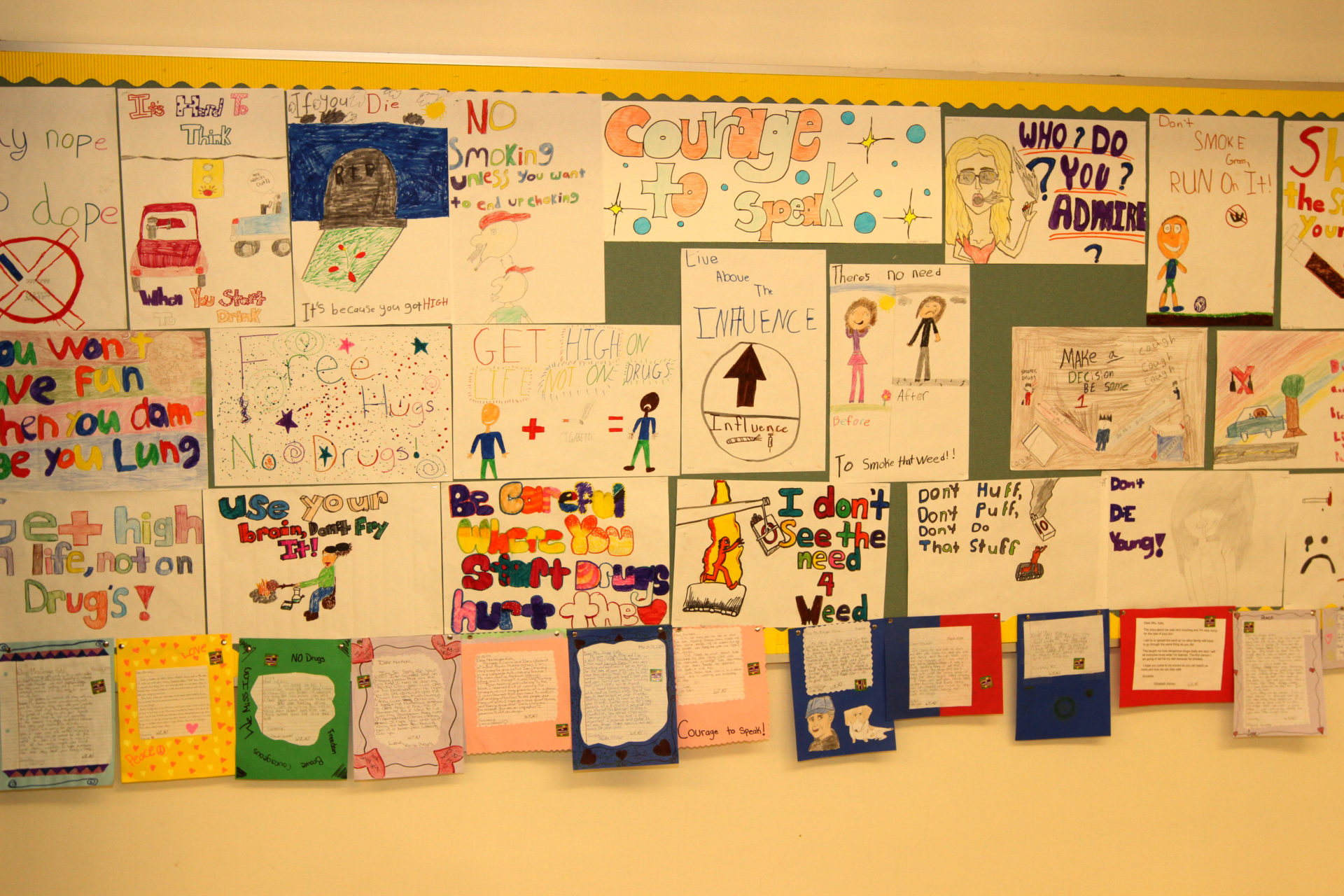Drinking and Driving
Drinking and Driving has become an epidemic. Almost every 90 seconds, a person is injured in a drunk driving crash and on average, 1 in 3 people will be in a drinking and driving accident at some point in their lives according to the National Highway Traffic Safety Administration (NHTSA).

Drinking and Driving often happens after a party. A teen may go to the party with the intention of not drinking but as the night goes on, they decide-for whatever reason-to drink. Maybe he/she didn’t eat dinner and is drinking on an empty stomach. Now the teen is at the party, intoxicated, ready to go home, with access to his/her car. Some teens find it funny to let other teens drive drunk. Some teens have an attractive confidence and convince their peers to believe they “have it under control” or that they are a “good drunk driver”…which we all know there is no such thing.
It takes people a long time to learn how to handle a relationship with alcohol. Teenagers are just beginning their relationship and when they drink it can be like playing Russian roulette! They may get sick, they may lose their belongings, they may think they are in control, and worst of all- they may think they are more sober than they are leading them to believe they are in the position to make important decisions. Many teenagers think they are invincible.
“A standard drink is defined as 12 ounces of beer, 5 ounces of wine, or 1.5 ounces of 72-proof distilled spirits, all of which contain the same amount of alcohol – about .54 ounces.”[1]
A huge misconception is that people believe that drinking a cup of coffee, taking a cold shower, or taking a quick nap will sober you up. The truth is that only TIME will sober a person up as the average person metabolizes alcohol at the rate of about one drink per hour[2].
Drinking alcohol has many short term effects including
- Delayed reaction time
- Blurred Vision
- Poor judgement
- Lack of coordination
- False sense of confidence
Despite all the above effects on your body, you may take risks you would not normally take.
This is the part where you should be responsible enough to acknowledge your own situation and find a solution in the form of:
- Designated Drivers – Before you start drinking decide between your friends on who isn’t going to drink so they can make sure everyone gets home safe
- Public transportation – Bring enough cash for a cab at the end of the night
- Prior arrangements to stay overnight – Make sure you have somewhere to crash if you’ve had too many
- Calling someone to pick you up – Be sure you have a few people you could always call to pick you up
- Be a good friend – Don’t let your friends drink and drive no matter how much they say “they’re okay to drive” [3]
As parents we want to think of our children has perfect angels who never make bad decisions and as children, we have a strong desire to not disappoint our parents. These two notions can stir up an array of issues. Parents can be in denial of how much their child is drinking or the fact that their child is even drinking at all. As a parent, it is your responsibility to educate your child on the dangers and consequences of drug use but at the same time provide an open communication where they feel safe enough to come to you if they were in trouble.
Knowing that so many teen deaths are linked to drinking and driving, think about how many teen lives we can save by relaying the message of safety and tips!
Tips on how to keep your child safe from drinking and driving:
- Talk to your children about the dangers of drinking and drinking
- Remind them to never get into a car with someone who is under the influence.
- Provide open communication so your child feels like they can call you at anytime to pick them up if they are in a situation they don’t want to be in without the fear of you punishing them or being upset at them for being at a party or for drinking.
- If your child does call you for help, remember to always praise them for making the right decision.
Any questions or tips about how to your child make healthy decision and not drink and drive? Ask Ginger Katz, CEO and founder of Courage to Speak® Foundation, click here to ask Ginger. Feel free to check out our website www.couragetospeak.org to learn about our many programs we offer and our mission:
“Saving Lives By Empowering Youth To Be Drug Free And Encouraging Parents To Communicate Effectively With Their Children About The Dangers Of Drugs”
Request More Courage to Speak® Drug Prevention Information
References:
- http://www.nhtsa.gov/
- Michigan State University. “Basic Alcohol Information.” East Lansing, MI: Michigan State University.
- https://www.the-alcoholism-guide.org/alcohol-driving.html
